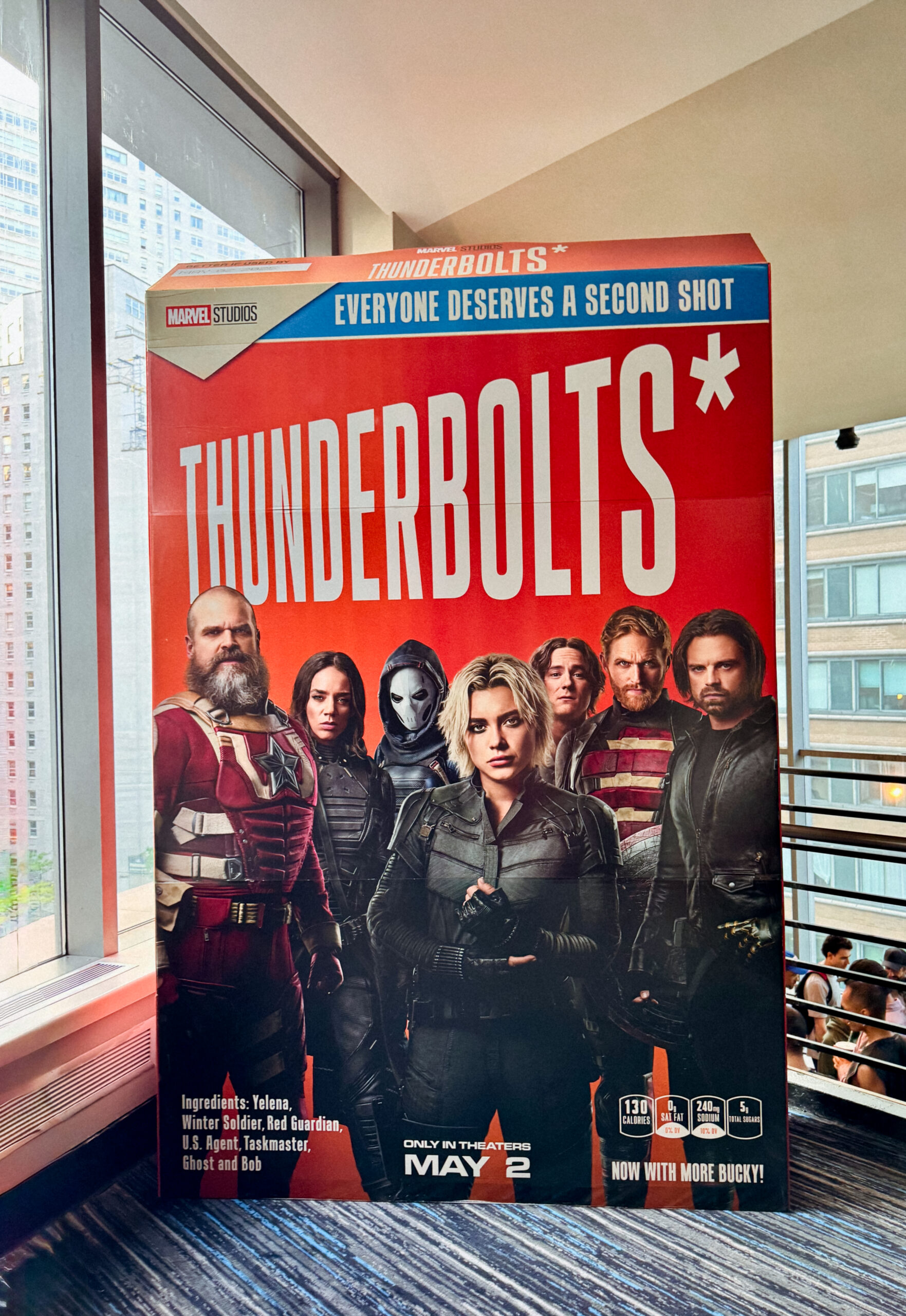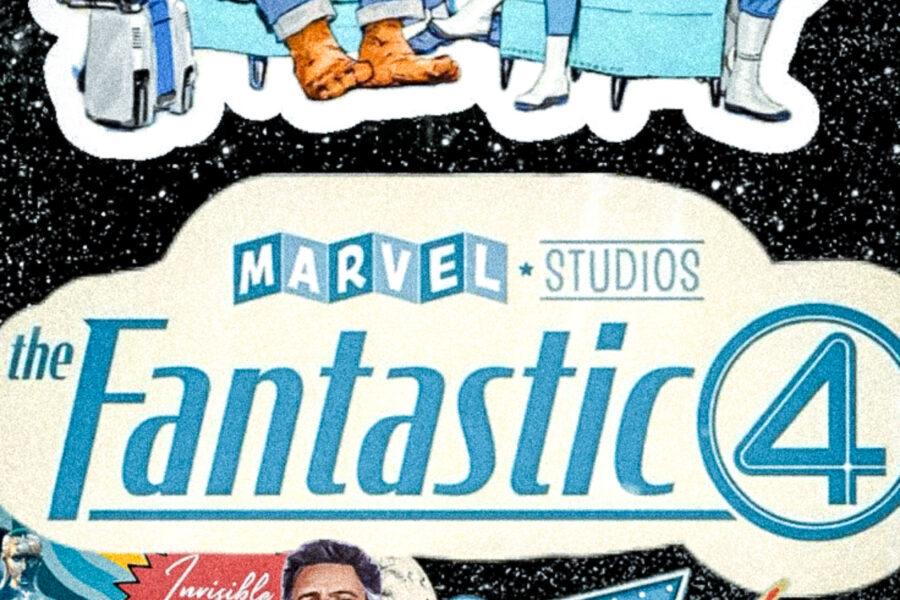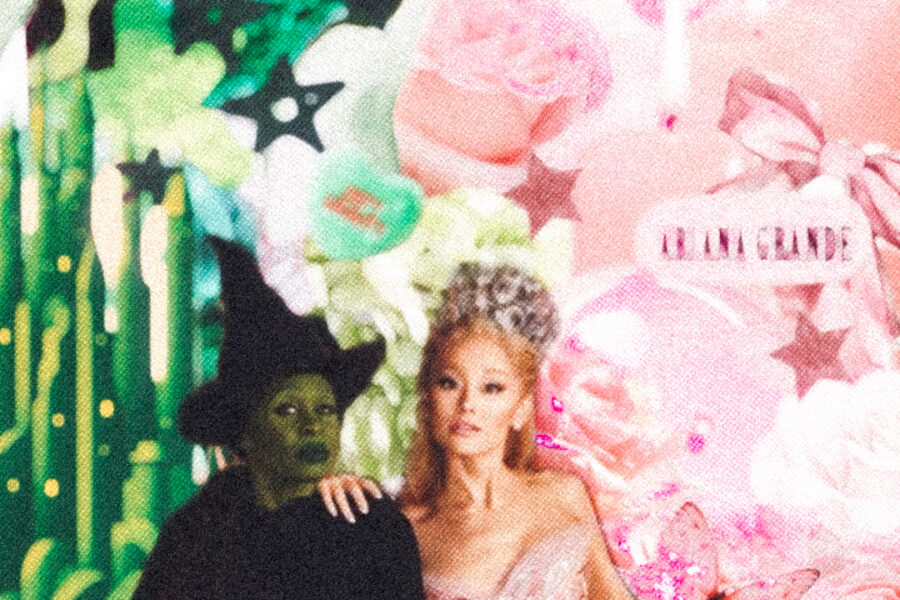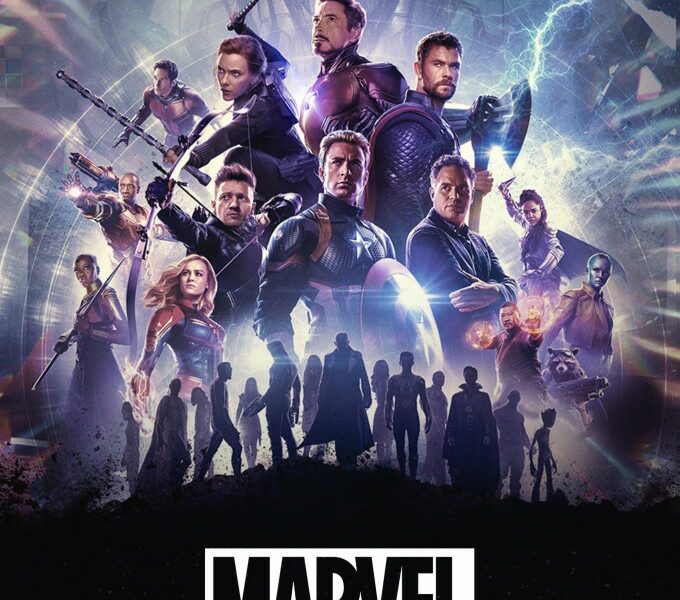 With the release of The New Avengers (née Thunderbolts*) we are, as they say, so back (although whether or not we actually left in the first place is a hotly contested issue among Marvel fans and casual observers alike). Many are praising the closing chapter of the MCU’s Phase Five as a return to form for a brand that has been blighted in recent years by a plague of misses and debatable near misses.
With the release of The New Avengers (née Thunderbolts*) we are, as they say, so back (although whether or not we actually left in the first place is a hotly contested issue among Marvel fans and casual observers alike). Many are praising the closing chapter of the MCU’s Phase Five as a return to form for a brand that has been blighted in recent years by a plague of misses and debatable near misses.
Thunderbolts* is the unexpectedly heartwarming story of a group of broken anti-heroes’ existential search for meaning and purpose in their lives after fate – and their own personal and professional choices – has dealt them inarguably shit cards. Our group of loners and weirdos look for love and acceptance from both within themselves and externally from a world that constantly misunderstands them, ignores them, or outright villainizes them.
What follows is an epic, expertly executed, and highly watchable action adventure flick that delves deep into heavy themes of redemption, found family, and, yes, mental health, through a perfectly paced narrative wrapped in Kevlar, vibranium, and two hours and six minutes of quick quips. There’s a heavy mental health allegory running through the film’s emotional spine, and it hit home in a very real way that we weren’t expecting. When we catch back up with them and are filled in with some requisite exposition, each member of this B-squad – Yelena, John Walker, The Winter Soldier, Ghost, Red Guardian – is wrestling with inner demons of their own, on their own.
Yelena, our emotional anchor and reluctant leader, even advises Bob (aka Sentry, the massively overpowered opponent) early on to repress his darkness: “Just push it down as far as it goes and pretend it doesn’t exist.”
This is what Yelena has been doing, after all – bottling up her worst fears, her self-doubt, her lack of fulfillment in her day job as a gun-for-hire, and, perhaps most notably, her lingering grief over the loss of her sister, Natasha. It’s evident through her impromptu hostage therapy session, though, that pushing it deep down and pretending it doesn’t exist doesn’t seem to be working out all that well for her. Thus, Yelena’s mental and emotional state is not exactly in the best place when we catch up with her in Kuala Lumpur, poised atop the modern skyscraper that will serve as the launching point for a super cool feat of practical effects.
By the end of the film, however, instead of running from the void, we find Yelena confronting it head-on as she willingly steps into an unknowable darkness, a metaphorical leap of faith and hope that echoes the very literal leap during the film’s opening scene. And she’s not alone. Her newfound family follows in her footsteps to confront not only the darkness of Sentry, but the darkness within themselves. Together, they plunge into the void alongside Yelena as she tries to untangle Sentry/Bob’s brilliantly and eerily depicted stranglehold of darkness on a decent chunk of Manhattan.
We went in expecting a fun, chaotic, mis-matchy team-up action adventure following some of the MCU’s lesser-known and seldom celebrated heroes/anti-heroes. What we got was a real, raw, resonant (and very human, in spite of some of the superpowered heroes and villains involved) story about how the heavy burden of shame, trauma, and self-doubt can seem to eclipse all light. It’s a masterclass in pacing, punchlines, and making you care about characters you may not have previously connected with, and we can’t wait to see more of the New Avengers*.
*pending the resolution of their heated ongoing copyright battle with Sam Wilson




Leave a Reply